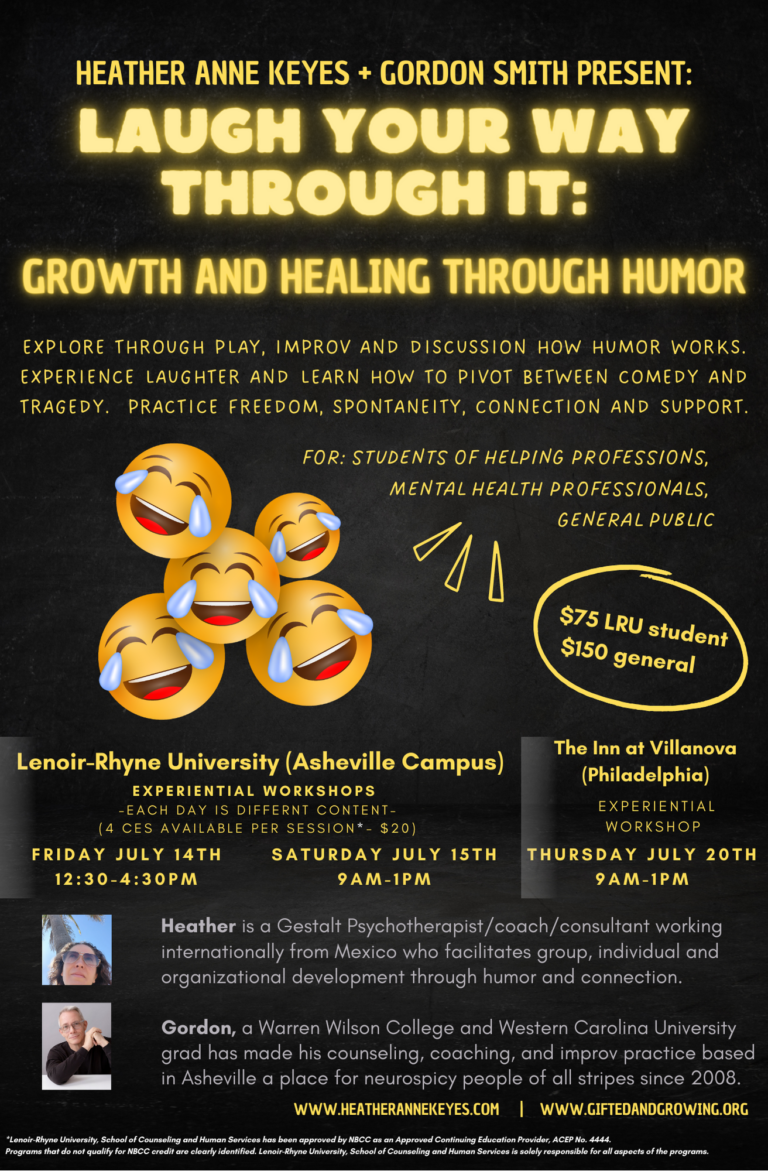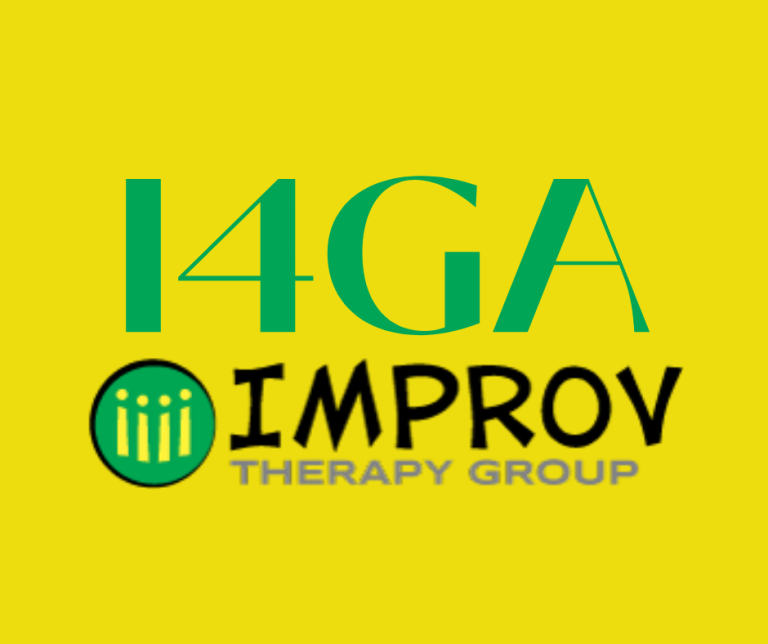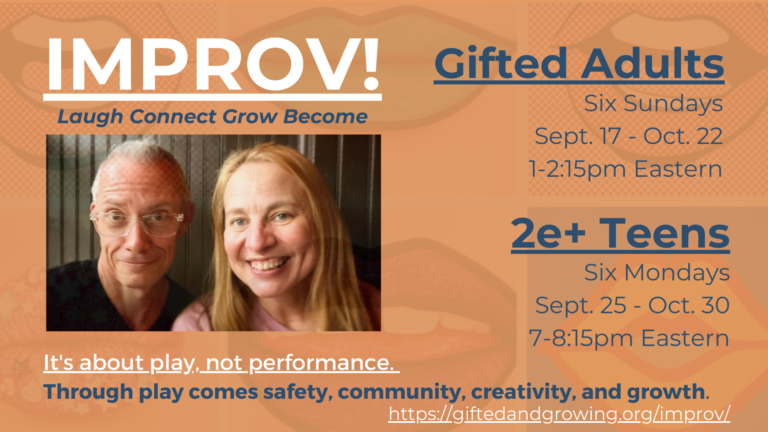It can sound something like this…
“Perfectionism inspires me and motivates me to do my best.”
“Perfectionism paralyzes me and makes me feel like I’m always falling short or failing.”
I don’t reckon we need to get caught in either/or thinking here. I tend to think of these perspectives as two sides of the Perfectionism coin. About 35 months ago, I typed up my thoughts on this very blog…
Coupled with hope and determination, it’s an inspirational coach, inviting you to be daring and see how close you can come. Perfectionism is a function of the mind that can foster defeat or success. It all depends on how you use it.
You know (or you’ve been) the person who tries something, doesn’t instantly demonstrate mastery, and gives up, saying, “I’m not good at that.” That person imagines they ought to have innate knowledge of how to ski or paint or sing or speak Cantonese, and they can fall into an intense judgement of their performance, drawing errant perfectionistic conclusions. “You suck”, “I don’t know why you even try”, “You’re stupid”. Some folks call this maladaptive perfectionism.
You also know the person who tries something, learns a little, tries again, learns a little more, asks questions, notices improvements, and determines whether to pursue something based on its utility, interest, or enjoyment. That person also concocts a perfectionistic vision coupled with the permission to fall short and keep learning. This is sometimes called adaptive perfectionism.
Innumerable clients have heard me say, “When you’re sailing north, you can navigate by the North Star. But you’re not trying to get to the freaking North Star. That would be delusional. We use it to guide the way, to ask, “What will happen if I keep moving in that direction?”
If you’re hung up in maladaptive perfectionism, cursing yourself because you still can’t sail to the North Star, there are things you can do to take a new approach. Your perfectionistic ideal is profoundly important, so don’t jettison that. Instead, put it to work making your life better.








